Shang-Chi and the Legend of the Ten Rings: A spoiler-free review of Marvel’s legendary first leading Asian superhero
With Marvel’s Shang-Chi and the Legend of the Ten Rings finally hitting theatres earlier this month, it’s looking to be one of the franchise’s most iconic post-Endgame Phase 4 films yet— and for good reason.
Shang-Chi and the Legend of the Ten Rings (subsequently shortened to Shang-Chi for the sake of this review) follows the story of Shang-Chi (Simu Liu), a valet living in San Francisco who must confront his assassin’s past after he is rediscovered by his father’s organization, the Ten Rings. The film grossed around $94.6 million in its opening weekend and $35.8 million in its second weekend, making it the first film to gross over $100 million during the pandemic. Critical ratings were mainly positive. IMDb rated the film an eight out of ten stars and the movie gained a 92% rating on Rotten Tomatoes. A critic for Miamiartzine believes that Shang-Chi is the most “enjoyable MCU release since Ant-Man and the Wasp back in 2018, awash in vibrant colors, vertiginous imagery and a considerable degree of character introspection.” The film features a broad cast, ranging from renowned Chinese actor Tony Leung to actress Meng’er Zhang’s debut.
Within the first fifteen minutes of the movie, the audience is greeted with a beautifully choreographed scene of Shang Chi’s parents over Mandarin narration and dialogue. The scene plays into the ever-so-popular “enemies to lovers” trope and accomplishes one of the best, albeit brief, romances that Marvel has put out. It gives viewers an insight into how the film’s primary antagonist, Xu Wenwu (Tony Leung), becomes so compelling— not only as the charismatic leader of the Ten Rings organization, but as a grieving husband and father.
Fast forward to around fifteen years later, and we meet our protagonist and soon-to-be-Avenger, Shang-Chi, who is also known as Shaun. There’s some sort of math involved as we go from 1996 to 2023. With the infamous Blip and some vagueness as to when Shang-Chi’s parents actually got together, we’ll put him at a solid early twenties… ish. One of the movie’s very many quick, fly-away, funny one-liners does, however, solidly put him in Generation Z. We stay winning, guys (and for seniors who want to feel old, his sister was, apparently, born in either 2003 or 2004)!
Fans will be happy to note that, despite controversy surrounding initial comments in regards to Disney using the film as an “experiment” for future diversity in upcoming Phase 4 films, Shang-Chi quickly establishes itself as a new standard for potential Marvel movies to integrate Southeast-Asian culture. Shang-Chi’s overarching theme revolves around the relationship between a person and the family that they came from. The film also has a main focus on how accepting those who came before you can affect the person you grow to be. With this in mind, the film addresses not only Shang-Chi’s struggle in accepting the aspects of his father that shape who he is, but it also delves into what it can be like to feel disconnected from your overarching heritage.
Despite the film’s primary intention of introducing a cast of new characters, long-time fans of the MCU will be happy to spot a few familiar faces. Brief cameos from rising MCU star-and-sorcerer Wong (Benedict Wong) and Mr. Do a flip! from Spider-Man: Homecoming (Zach Cherry) were able to incite moments of Hey, I know that guy! without taking attention away from the new kids on the MCU block.
Speaking of returning characters, in what was arguably a risky choice, Marvel brought back Iron Man “villain” Trevor Slattery (Ben Kingsley), who previously took on the pseudo-terrorist role of the “Mandarin.” The “real” Mandarin of Iron Man 3 was Aldrich Killian (Guy Pearce), who technically stole the role (not the title) that Wenwu took on throughout history. Confused yet? It’s like a set of Russian matryoshka dolls, and the final and smallest doll is the revelation that the Mandarin never truly existed at all. Shang-Chi actually has the real man of the hour addressing the previous iterations of himself in the MCU, even going so far as to directly call it out for what it is: cultural appropriation.
In the past, Marvel has received backlash for the harmful stereotypes against Asians that the Mandarin portrayed, both in the original comics and in on-screen media. Having a scene, even if it only lasts a few minutes, that addresses the harm that can be done by appropriating these stereotypes can leave a lasting impression for films to come. This is especially important as western media is still in the early stages of integrating Asian representation.
Overall, Shang-Chi is a creative blend of dramatic action, snappy one-liners and corrections (and real acknowledgement) of old mistakes, poking fun at new social norms. The recurring themes of family and homecoming give the film an intimate feel that makes it stand out from other MCU movies. Incorporating ancient and modern cultures, lore and love, Shang-Chi and the Legend of the Ten Rings takes the 4th generation of MCU in a new direction, becoming an evergreen classic in the process.

Zea is a senior at North and can’t wait to spend her third year at The North Star as its Special Projects Editor. She’s looking forward to making her...

Zayna Quraishi is a senior at Naperville North High School and is excited to return for her second year at The North Star as a Managing Editor and Polaris...

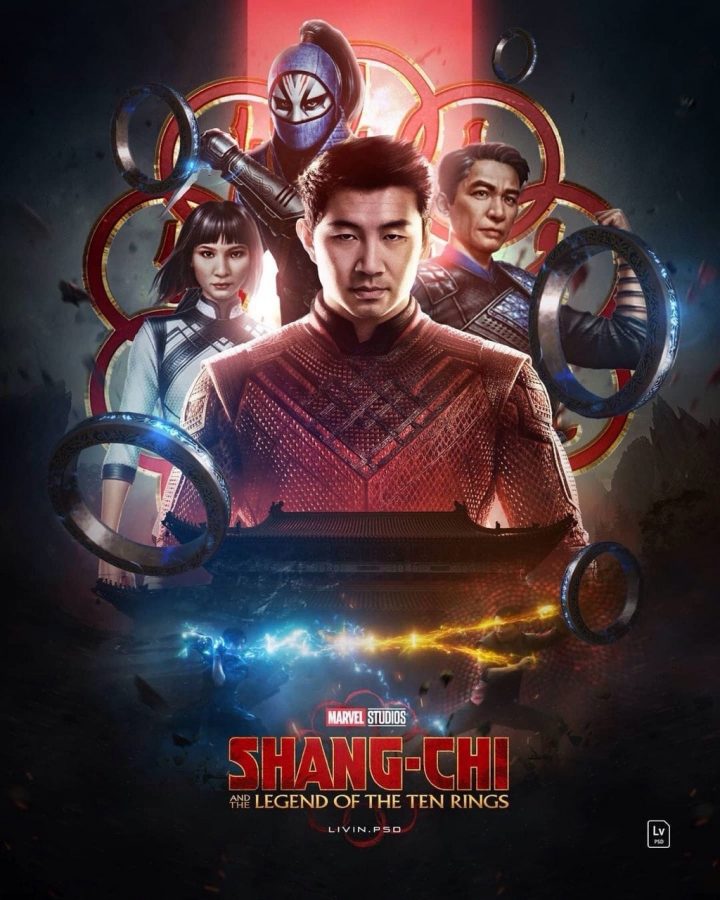



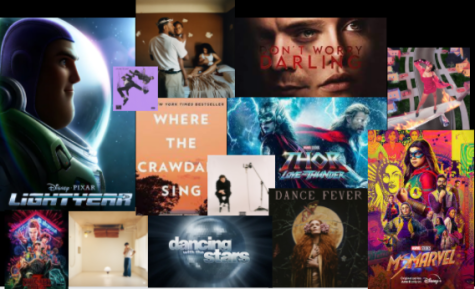

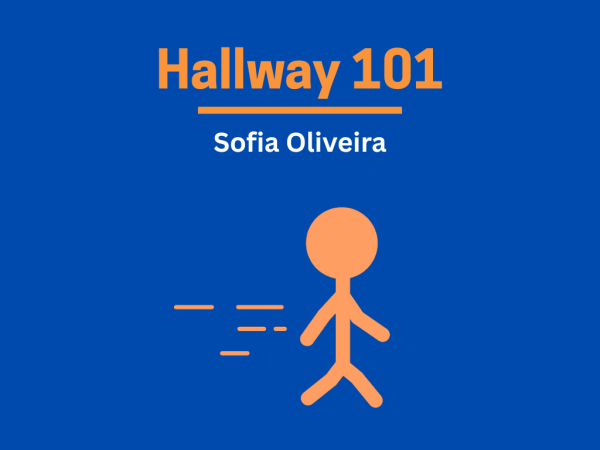
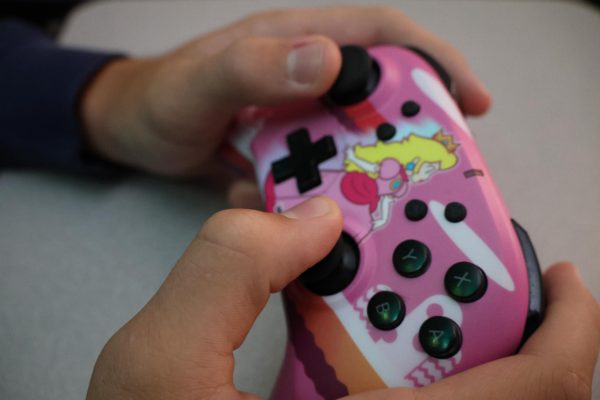
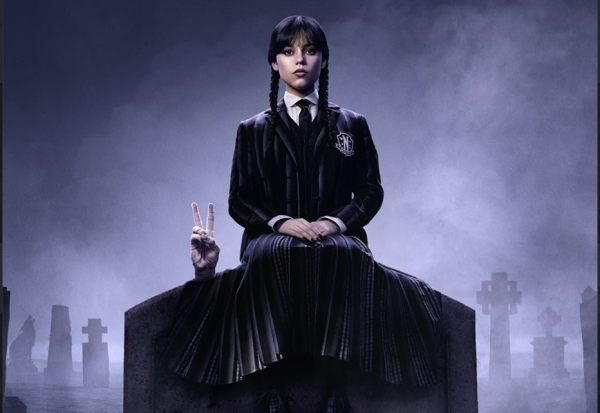


PRECIOIUS • Sep 27, 2021 at 4:56 am
I have been looking forward on way to download movies online for free. I thank Netnaija movie get me covered it has been useful to me for downloading the latest movie. I can wait for the movie of Shang chi to come out for download.